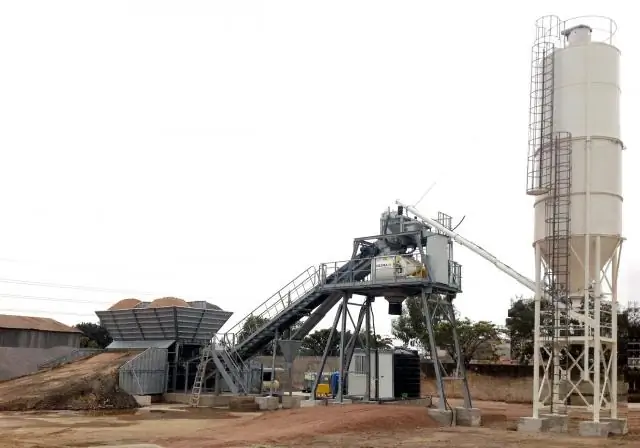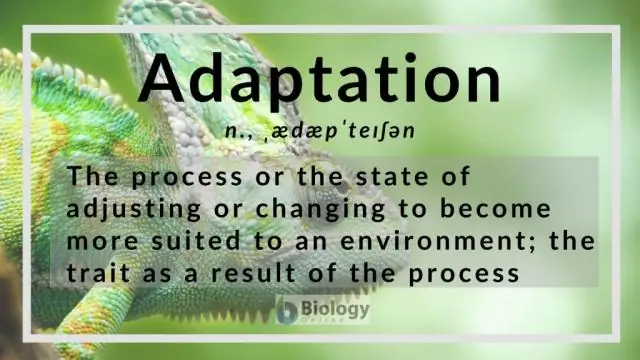- Author Rachel Wainwright wainwright@abchealthonline.com.
- Public 2023-12-15 07:39.
- Last modified 2025-11-02 20:14.
Fermentation
Fermentation (fermentatio) - enzymatic breakdown into simpler compounds of organic substances, mainly carbohydrates; the predominant number of types of fermentation occurs in the cells of all organisms under anaerobic conditions with the release of energy, which is used to maintain life.
Fermentation types:
- Butyric acid - proceeding with the formation of butyric acid, leading to spoilage of canned food; mainly the result of the activity of such microorganisms as obligate anaerobes;
- Methane - leading to the formation of methane and carried out, as a rule, by microorganisms that are able to break down fiber, for example, during wastewater treatment;
- Lactic acid - leading to the formation of lactic acid; used in combination with microorganisms in the production of fermented milk and some other food products;
- Alcoholic (synonym: alcoholic fermentation) - the result of the flow is the formation of alcohol and carbon dioxide; excited by yeast-like organisms and some molds;
- Acetic acid - leading to the formation of acetic acid, initiated under aerobic conditions by some microorganisms.
Found a mistake in the text? Select it and press Ctrl + Enter.






